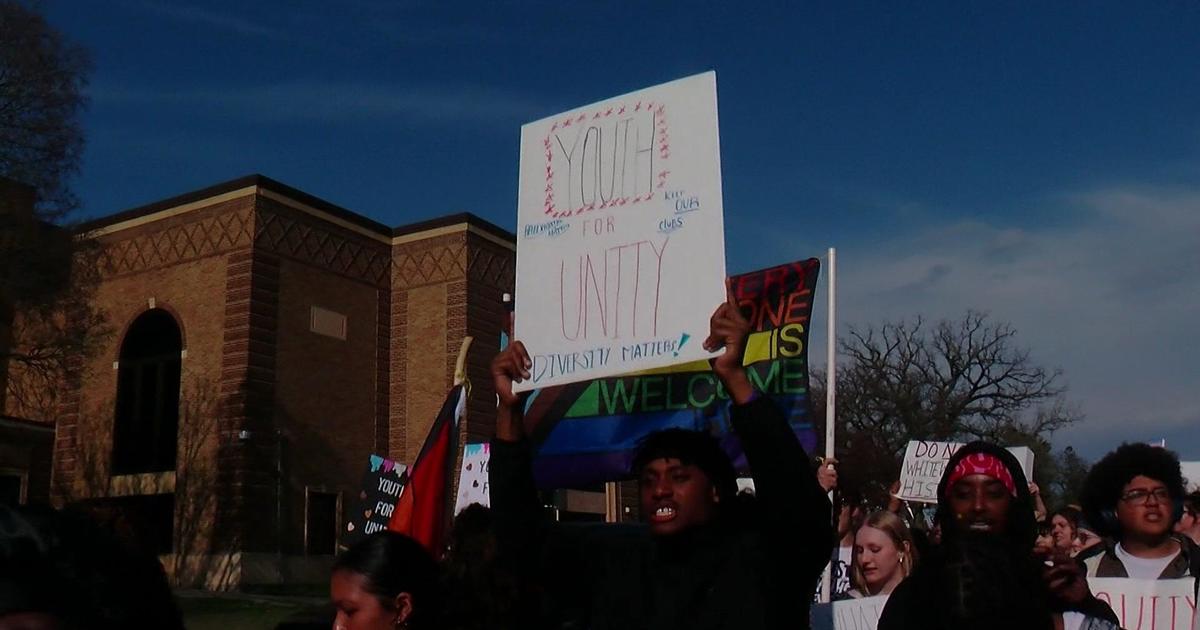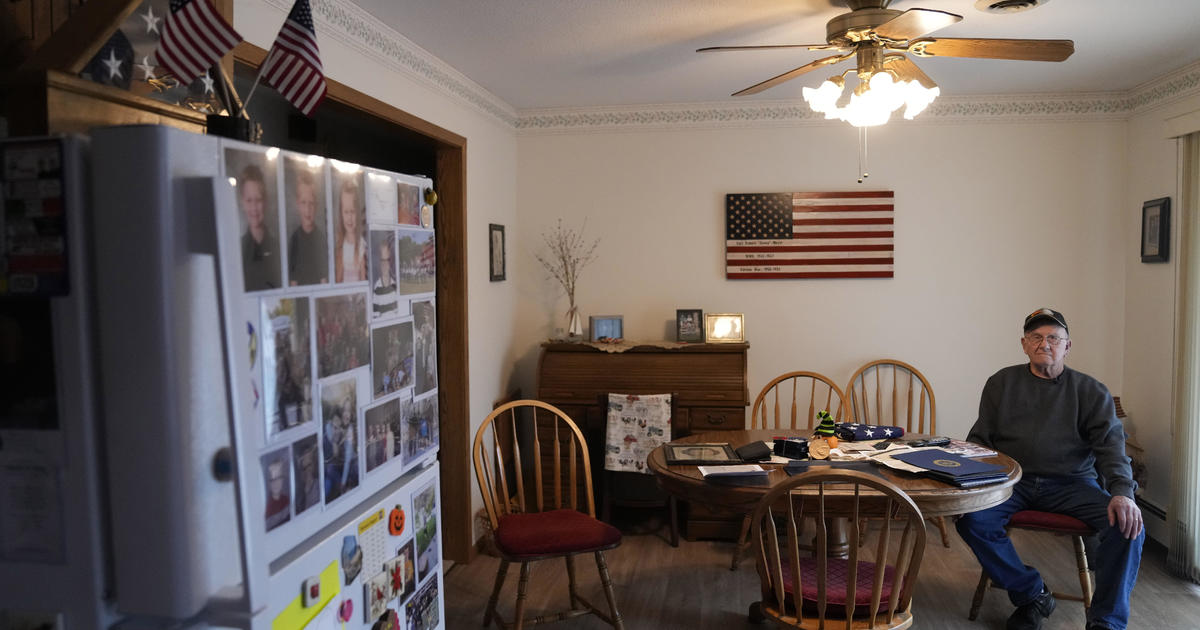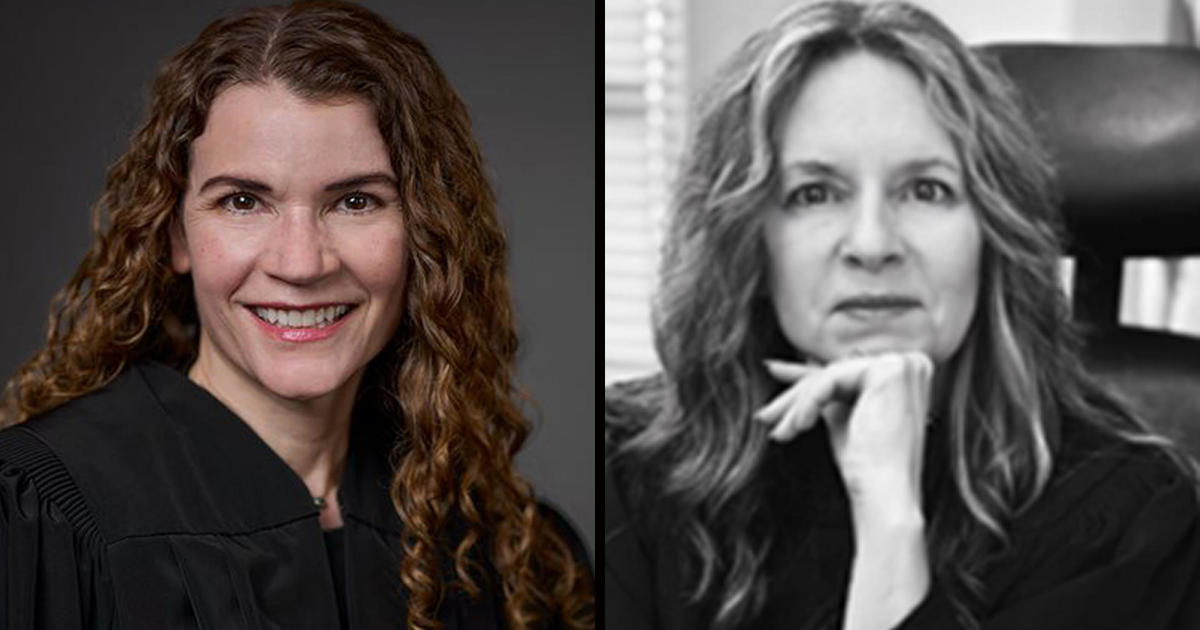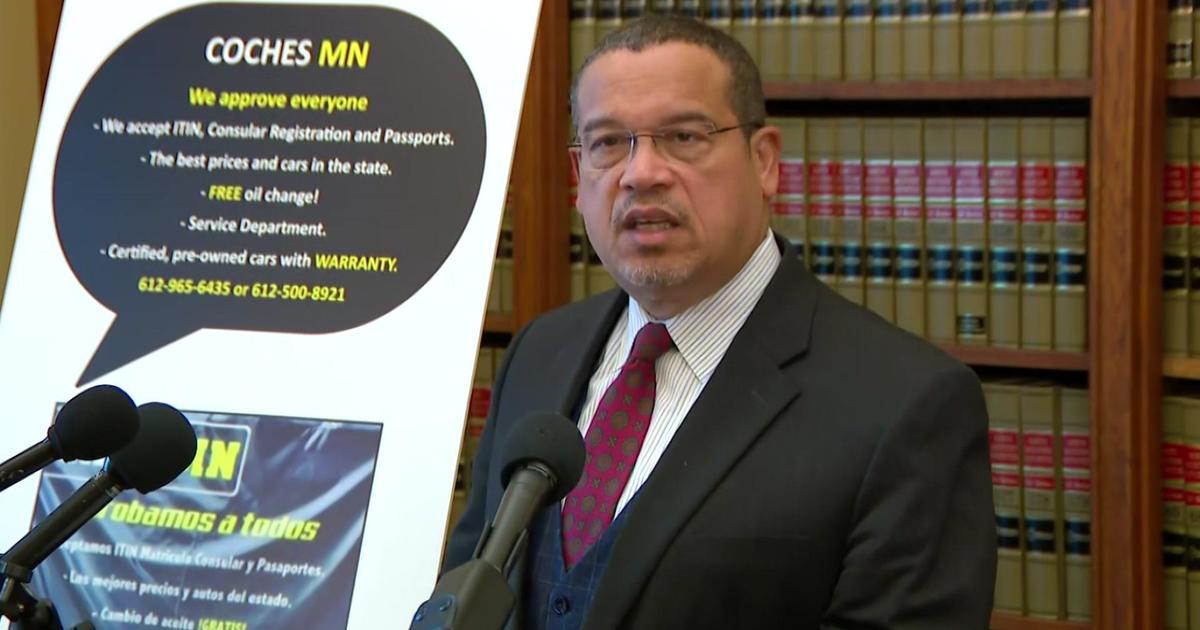Federal Judge To Eye Wisconsin's Voting Changes
MADISON, Wis. (AP) — A federal judge is set to weigh whether a host of changes that Republican legislators have made to Wisconsin's voting laws illegally burden minority and Democratic-leaning voters.
Liberal group One Wisconsin Institute, Inc., social justice group Citizen Action of Wisconsin Education Fund and 10 voters filed the lawsuit last June. U.S. District Judge James Peterson has scheduled a bench trial to begin Monday in Madison. There will be no jury, just the judge's final decision that he'll likely issue weeks down the line. Here's some key information ahead of the proceedings:
WHAT PARTS OF ELECTION LAW DOES THE LAWSUIT CHALLENGE?
In the crosshairs are multiple changes that Republicans have made since 2011, including parts of Wisconsin's voter photo identification mandate; shrinking the state's early voting window from 30 days before an election to 12; eliminating weekend early voting; prohibiting someone from vouching for a person's residence if he or she lacks proof of residency during registration; limiting early voting to one location per municipality and eliminating election registration deputies at high schools.
WAIT A MINUTE ... ISN'T VOTER ID THE LAW?
Yes. The plaintiffs' original filing argued the requirement violates federal law prohibiting voting practices that discriminate on the basis of race, but Peterson dismissed that portion of the action in December, noting that the 7th U.S. Circuit Court of Appeals upheld the mandate in 2014. He has allowed the plaintiffs to challenge smaller pieces of the law, such as prohibitions on technical college IDs, out-of-state IDs and certain expired identification cards. Since December, the plaintiffs have added new allegations that the process for obtaining free state IDs from the state Department of Transportation is too onerous and time-consuming.
HAS THE JUDGE TOSSED OUT ANY OTHER PARTS OF THE LAWSUIT?
Yes. He also dismissed allegations that Republicans' changes improperly favor voters who move to Wisconsin from other states. The plaintiffs argued that people who move into the state can vote for national offices immediately even though people who move within the state in the 28 days before an election must vote in their old wards. Peterson said that under federal law the state can't prohibit someone who moves before an election from voting from president and vice president.
WHAT ARE THE DETAILS OF PLAINTIFFS' ARGUMENTS?
They allege the changes are meant to disenfranchise minorities, elderly and young voters and others who tend to vote for Democrats. They argue that early voting restrictions create long lines on Election Day, unfairly burdening blacks and Hispanics because they tend to live in larger cities and will face longer waits to vote. Prohibiting others from vouching for would-be voters' residency during registration burdens young, poor and minority voters because they probably lack documents proving residency.
Plaintiffs also maintain the process for obtaining a free state ID is so difficult that people often give up in anger and disgust, again creating a disproportionate burden for blacks and Hispanics since many of them were born in places known for problems with birth records, particularly in the South prior to the 1960s and Puerto Rico.
WHERE DOES THE GOVERNOR STAND?
Gov. Scott Walker, who signed all the voting law changes, approved an emergency rule last week that allows people waiting for IDs to vote with receipts showing they're trying to obtain the cards. The rule also created formal steps for issuing IDs to applicants who lack the proper underlying documents confirming identity and citizenship. Walker said the rule is designed to help the challenged portions of the voter ID law stand up in court.
(© Copyright 2016 The Associated Press. All Rights Reserved. This material may not be published, broadcast, rewritten or redistributed.)



